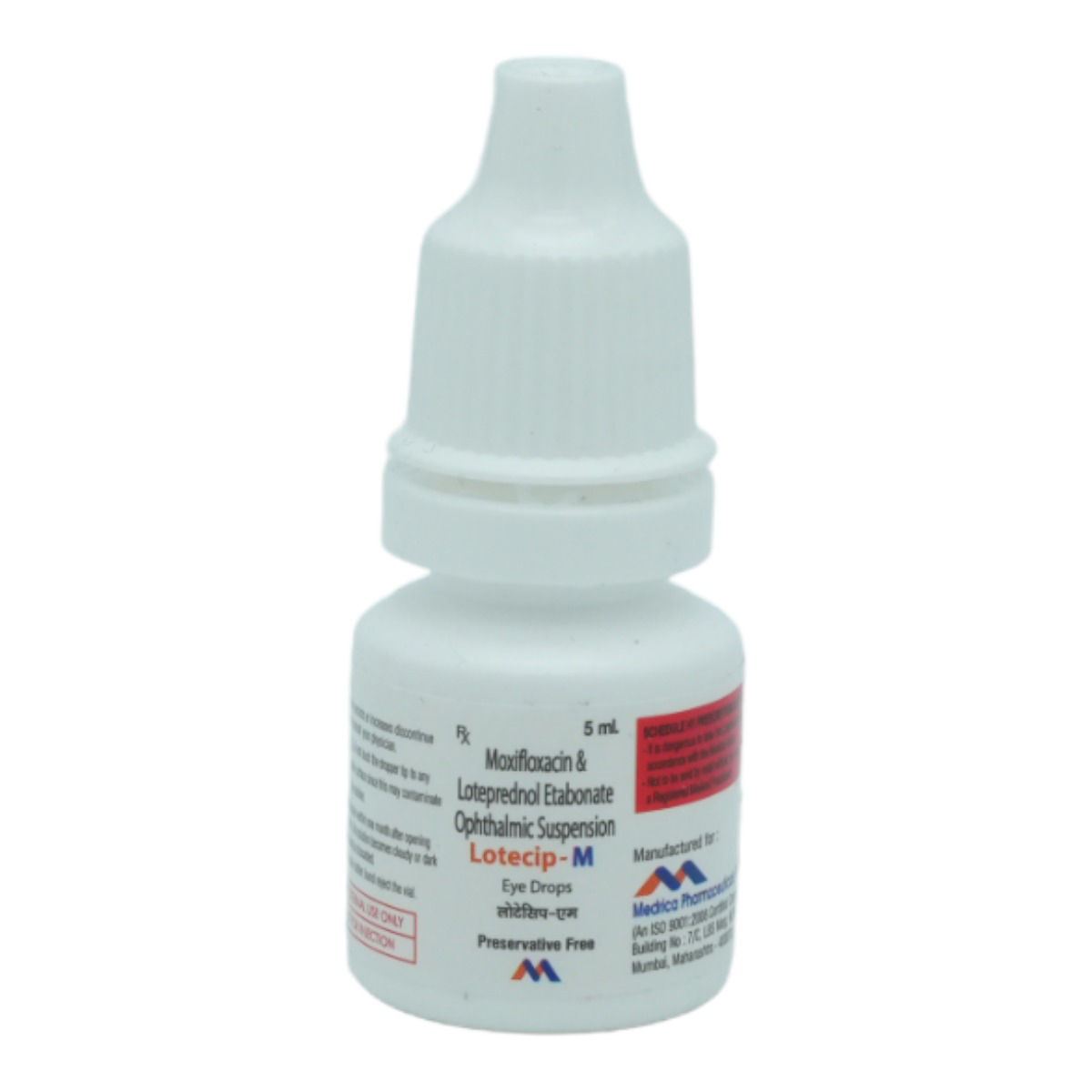LP-Mox Eye Drop
₹137.7*
MRP ₹153
10% off
₹130.05*
MRP ₹153
15% CB
₹22.95 cashback(15%)
Free Delivery
With Circle membership
(Inclusive of all Taxes)
This offer price is valid on orders above ₹800. Apply coupon PHARMA10/PHARMA18 (excluding restricted items)
Know Your Delivery Time
Provide Delivery Location

Whats That

Secure Payment

India's Most Trusted Pharmacy

Genuine Products
Composition :
Manufacturer/Marketer :
Consume Type :
Return Policy :
About LP-Mox Eye Drop
LP-Mox Eye Drop belongs to a group of medications called ‘Antibiotics and Corticosteroids’ used to treat bacterial eye infections or eye discomfort. It is also used in patients who have undergone eye surgeries. It is used to treat eye inflammation caused by allergies, shingles, iritis (inflammation of the coloured part of the eye (iris)), uveitis (inflammation of the middle layer of the eye (uvea)), eye injury, radiation, and chemical burns. A bacterial eye infection occurs when bacteria invade any part of the eyeball or its surrounding tissues, including the cornea (clear front surface of the eye) and the conjunctiva (thin membrane lining the outer eye and inner eyelids). LP-Mox Eye Drop is used to prevent or treat only bacterial eye infections. It does not work against infections caused by viruses and fungus.
LP-Mox Eye Drop contains two medicines, namely: Moxifloxacin (antibiotic) and Loteprednol etabonate (corticosteroid). Moxifloxacin belongs to a class of drugs called fluoroquinolone antibiotics that helps in treating and preventing a wide range of bacterial infections. It kills bacteria (bactericidal action) by preventing the synthesis of enzymes, namely DNA gyrase and Topoisomerase II and IV, which is essential for the growth and survival of the bacterial cell. Loteprednol etabonate belongs to the class of corticosteroids. It blocks prostaglandins' production (chemical messengers) that make the eye red, swollen, and itchy. Together, LP-Mox Eye Drop prevents the spread of eye infections caused by bacteria, and also reduces inflammation and pain.
LP-Mox Eye Drop is for ophthalmic use only. Your doctor will advise on how often you need to use LP-Mox Eye Drop based on your medical condition. Some common side effects of LP-Mox Eye Drop include redness in the eyes, blurred vision, burning or stinging sensation in the eye, and eye discomfort. These side effects do not require medical attention and gradually resolve over time. However, you are advised to consult your doctor if you experience any of the side effects persistently.
Please do not use LP-Mox Eye Drop without consulting your doctor if you have damaged cornea, ulcers in the eye, eye infection, pus, open lesions in the eye, and glaucoma (a condition where the pressure inside the eye is increased). Inform your doctor if you are pregnant or breastfeeding before using LP-Mox Eye Drop. Avoid touching the eyedropper with bare hands or to the eyelids while administering drops, since it contaminates the dropper tip and solution. If you wear contact lenses, please inform your doctor since LP-Mox Eye Drop may contain additives like Benzalkonium chloride that change the colour. LP-Mox Eye Drop sometimes may make your eye red after administration; in such cases, please avoid wearing a lens until the eye becomes better. LP-Mox Eye Drop might temporarily blur your vision, so avoid driving, or operating machines until your vision is clear.
Uses of LP-Mox Eye Drop
Directions for Use
Medicinal Benefits
LP-Mox Eye Drop contains Moxifloxacin and Loteprednol etabonate. Moxifloxacin is a broad-spectrum antibiotic that acts against both gram-positive and gram-negative bacteria. It kills bacteria (bactericidal action) by preventing the synthesis of enzymes, namely DNA gyrase and Topoisomerase II and IV, which is essential for the growth and survival of the bacterial cell. Loteprednol etabonate is a corticosteroid with anti-inflammatory properties and acts by inhibiting the chemicals such as prostaglandins production (chemical messengers) that make the eye red, swollen, and itchy. It reduces symptoms associated with infection such as redness and irritation of the eye and decreases the risk of infections. Collectively, LP-Mox Eye Drop treats and prevents bacterial eye infections and eye inflammation caused by allergies, shingles, iritis (inflammation of the coloured part of the eye (iris), uveitis (inflammation of the middle layer of the eye (uvea), eye injury, radiation, and chemical burns.
How LP-Mox Eye Drop Works
Storage
Side Effects of LP-Mox Eye Drop
- Blurred vision
- Burning/stinging sensation in the eyes
- Redness in the eyes
- Watery eyes
- Inflammation of cornea
What if I have taken an overdose of LP-Mox Eye Drop
Drug Warnings
If you are allergic to LP-Mox Eye Drop or any other medicines, please tell your doctor. Before taking LP-Mox Eye Drop, inform your doctor if you have vision problems, severe pain in the eye, ulcers in the eye, glaucoma (raised pressure in the eye), eye injury or have undergone eye surgery or using any other eye drops or eye ointment. If you wear contact lenses, please inform your doctor since LP-Mox Eye Drop may contain additives like Benzalkonium chloride that change the lens's colour. LP-Mox Eye Drop sometimes may make your eye red after administration; in such cases, please avoid wearing a lens until the eye becomes better. Do not use eye drops for longer than recommended by your doctor as it may increase the risk of cataracts (clouding of the eye) and increase the risk of a second infection. Inform your doctor immediately if you notice any persistent visual disturbances while using this medicine. It is advised to check with your doctor before using LP-Mox Eye Drop if you are pregnant or breastfeeding. LP-Mox Eye Drop may cause temporary blurred vision immediately after using. Therefore, wait until your vision is clear before driving or operating machinery.
Diet & Lifestyle Advise
- Sleep for minimum 6 to 8 hours to rejuvenate your eyes naturally.
- Wash your eyes with clean water at least two to three times a day. Do not wash your eyes if you have undergone any eye surgery for at least 2 weeks.
- Manage stress, eat healthily, drink plenty of water, exercise regularly, and get plenty of sleep.
- Eat foods rich in Omega-3 fatty acids such as sardines, mackerel, tuna, salmon, trout and include omega-3 fatty acid supplements.
- Cut down your coffee intake as it may increase pressure in the eye. Replace coffee with green tea.
- Maintain a diet rich in antioxidants such as dark-green leafy vegetables, whole grains, citrus fruits, broccoli, Brussels sprouts, etc.
- Avoid consumption of processed foods such as high-fat meats, sugary foods, dairy products, and fast foods as they may increase inflammation.
Habit Forming
Therapeutic Class
LP-Mox Eye Drop Substitute

Raymoxi L Eye Drops 5 ml
₹35.56per tabletLeos-MX Eye Drops 5 ml
₹36.00per tabletMoxrun-LP Eye Drops 5 ml
₹32.58per tabletMoxieye-LP Gel 5 ml
₹32.00per tabletTagamox- LP Eye Drops 5 ml
₹35.82per tablet
Product Substitutes
Alcohol
Caution
The interaction of alcohol with LP-Mox Eye Drop is unknown. Please consult a doctor before consuming alcohol with LP-Mox Eye Drop.
Pregnancy
Caution
Please consult a doctor if you are pregnant. LP-Mox Eye Drop is prescribed to pregnant women only if the doctor thinks the benefits outweigh the risks.
Breast Feeding
Caution
LP-Mox Eye Drop is given to breastfeeding mothers only if the doctor thinks the benefits are greater than the risks. Please consult a doctor if you are breastfeeding.
Driving
Caution
LP-Mox Eye Drop may cause temporary blurred vision immediately after using. Therefore, wait until your vision is clear before driving or operating machinery.
Liver
Caution
If you have any concerns regarding the use of LP-Mox Eye Drop in patients with liver problems, please consult a doctor.
Kidney
Caution
If you have any concerns regarding the use of LP-Mox Eye Drop in patients with kidney problems, please consult a doctor.
Children
Caution
LP-Mox Eye Drop should be used with caution in children. It is not recommended for use in newborns.
FAQs
Country of origin
Disclaimer
Author Details
We provide you with authentic, trustworthy and relevant information















